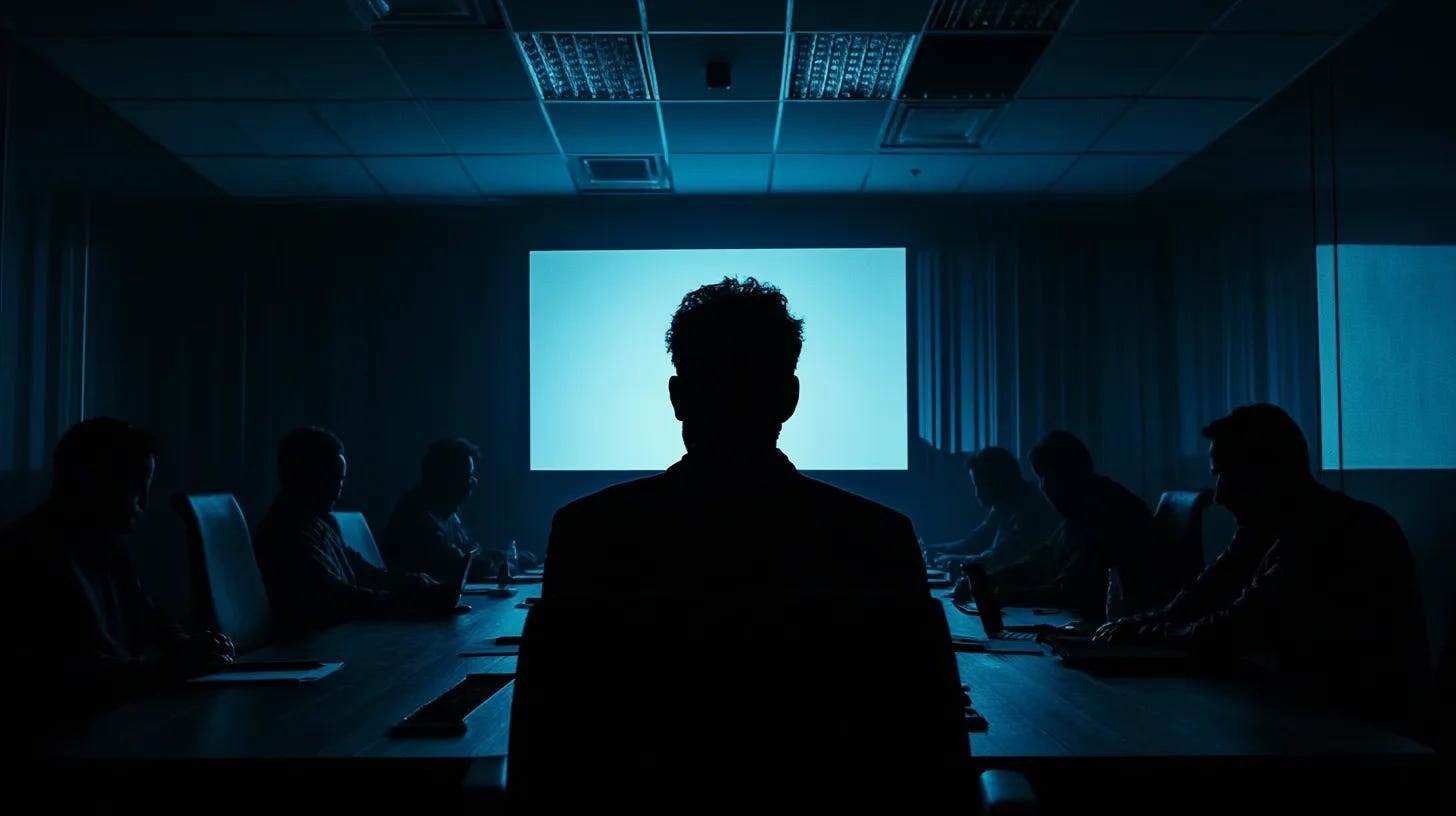The Wisdom of the Unspoken Play
Sometimes, the most dangerous thing you can do is reveal that you understand the game.
We are taught to admire strategy—the calculated move, the decisive play, the illusion of control wrapped in intelligence. The world loves a clever tactician. Someone who speaks just enough, moves just right, leaves no thread untied. But few talk about the more profound skill: knowing when to say nothing, even when you’ve already won in your mind.
There is a silent kind of intelligence. It doesn’t need validation, nor does it seek applause. It watches. It understands. And then it waits. Because not every game is worth playing out loud.
To speak is to reveal. To strategize out loud is to expose the contours of your mind. And once they know how you think, the game shifts. You become a known quantity. Predictable. Targetable. That’s why true mastery often looks like passivity. A silence mistaken for ignorance. A smirk confused for apathy.
Restraint is not hesitation. It is control. It is the realization that even the perfect move can become a weakness when made at the wrong time—or in the wrong company.
Most people rush to display their knowledge the moment they grasp the pattern. They feel clever for seeing the strings behind the puppet show. But what they don’t realize is this: The moment you reveal that you see through the game, the game changes. The players notice. The rules tighten. And sometimes, they turn on you.
What if power isn’t in playing the game better—but in refusing to play it where it matters most?
Sometimes, strategy is surrendering the need to be seen as strategic. It’s the art of walking through the fog without announcing you have a compass. Because in a world obsessed with being right, being loud, being noticed—staying quiet can be the most subversive act.
They say knowledge is power. But in silence, knowledge becomes immunity. When you keep your insights veiled, no one can weaponize them. No one can manipulate what they can’t confirm. In this way, silence becomes a shield. Not out of fear. But out of wisdom.
So maybe the real mastery isn’t about checkmating the board—it’s about folding the board entirely, pretending you’ve never seen a game in your life, and watching from a distance as others exhaust themselves chasing kings that were never real.
In the end, perhaps the most dangerous man in the room is the one who sees everything—and says nothing.


